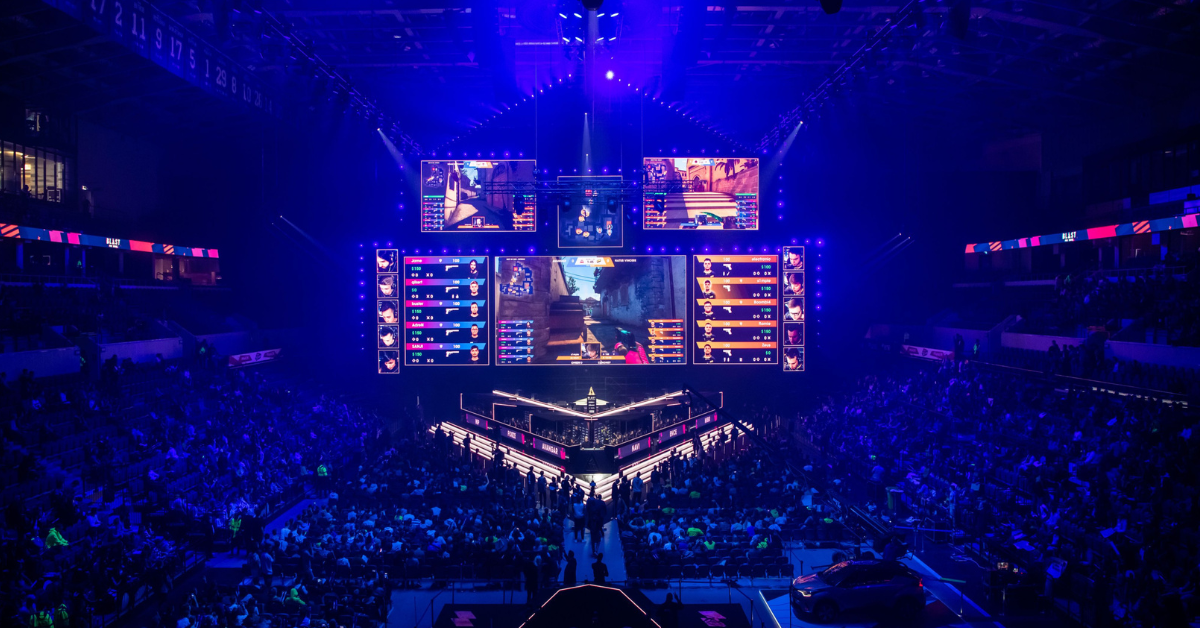The Rajasthan government recently released the draft Rajasthan Virtual Online Sports (Regulation) Bill 2022 to legislate online gaming
The Bill has sparked debate in the gaming industry as it brings esports under its ambit, along with fantasy gaming
The esports industry has also raised questions on the Bill not bringing real-money gaming under its purview
In the last few years, the gaming industry has grown multi-folds in India, but the regulatory issues have continued to plague the industry. At different points of time, several states such as Karnataka, Andhra Pradesh, Telangana, and Tamil Nadu have introduced regulations for the online gaming industry, some of which have been legally challenged in the courts for blanket bans.
Recently, the Rajasthan government released the draft Rajasthan Virtual Online Sports (Regulation) Bill 2022. Although the Bill is aimed towards the legislation of gaming, rather than any ban, it has sparked debate in the gaming industry as it brings esports under its ambit, along with fantasy gaming.
Besides, while the draft law seeks to regulate fantasy sports and esports, it does not include skill games such as Rummy, Poker and Ludo. One of its provisions suggests a ‘private’ self-regulatory body to work under a commission consisting of a retired judge of a High Court or the Supreme Court.
How Is Esports Different From Fantasy Gaming?
The esports industry players have questioned the rationale of clubbing the industry with fantasy gaming.
“Esports is different from real-money gaming and fantasy gaming. In both the other forms, you have to put in money to participate and play. In terms of esports, there is no such requirement,” Anurag Khurana, founder and CEO of Penta Esports, said.
Usually, esports is defined as sports where the use of computer games is required to conduct the tournament, be it a one-to-one competition or a team versus another team. On the other hand, fantasy gaming is basically making teams based on real sports. However, the game is not played against a real player.
According to Khurana, the confusion arises because there is a lack of clear understanding of esports and fantasy gaming. Moreover, there are a lot of companies who are running fantasy sports and are calling themselves esports companies, he said.
“Esports and fantasy gaming are completely different, unrelated activities. Fantasy sports do not involve participating in a competitive sport format. Unlike fantasy sports, esports depends completely on the skill of the players,” said Vishal Gondal, founder of nCORE Games.
For Gagan Narang, founding member of the Federation of Electric Sports Association India (FEAI), esports needs to be segregated by way of ‘law’, ‘definition’, ‘skill orientation’ and ‘operations’ as a game of skill.
“Esports is an independent universe in all four aspects and we at the FEAI are very clear to make esports an athlete-led dialogue, where players, aspiring to be professionals in esports, are given precedence above all. This unique factor about esports segregates it from the rest of the gaming universe,” Narang added.
Questions Over Exclusion Of Real-Money Gaming
The controversial draft Bill has omitted real-money gaming such as Rummy, Poker, Ludo from its purview which is also being questioned by the industry. As the aim of the Bill is to regulate games of skill, it should include all types of games of skill without discrimination, an industry stakeholder said on condition of anonymity.
“At present, the bill covers only fantasy games and esports which are just a small part of the whole sector. Therefore, it is important to consider all established games such as chess, carrom, archery, and other innovative formats of games of skill in the Bill,” he added.
In India, the real-money gaming segment has picked up in the last few years. According to a recent report by EY and FICCI, the online gaming segment saw a 28% increase in India in 2021 to reach INR 101 Bn, while the number of paying gamers in the country rose 17% to 95 Mn in 2021 from 80 Mn in 2020. The real-money gaming comprised more than 70% of segment revenues, the report revealed.
A Centralised Approach Needed For Gaming Legislation?
In its response to the draft Bill, IT industry body NASSCOM said that there should be an emphasis on coordinated action by the Centre and states for gaming. “The Government of Rajasthan may consider collaborating with the central government’s task force on gaming to put forth its specific concerns and suggestions vis-à-vis online gaming, instead of legislating a law regulating online gaming,” it said.
While India is a federal structure and all the states can drive their own laws, if there is a nationwide policy for esports, it would become easier for the state legislatures to make laws around that, Khurana opined.
Gondal is of the view that gaming should remain the purview of states like originally envisioned. However, the Centre should help formulate policy notes and frameworks that include key definitions for states to use to formulate their own policies.
Narang also echoed the view, saying it is critical that the Centre clearly defines esports, and this definition can be followed across states. “Just like esports, fantasy sports has played its part in promoting the culture of sports. The legality of operations need to be clearly defined,” he added.
The Legislation Will Hurt Esports Athletes
Esports athlete Yogesh Yadav, also known as Roxx, said that clubbing esports with fantasy sports may impact esports athletes as well. According to Yadav, esports athletes mostly fall between 16-20 years of age group. If the definition of fantasy sports and esports is blurred, it will impact the mindset of families.
Moreover, it increases the chance of esports being banned. If such an occurrence happens, players of that particular state will not be able to participate in the tournament or will have to relocate to another state which will impact the players financially.










